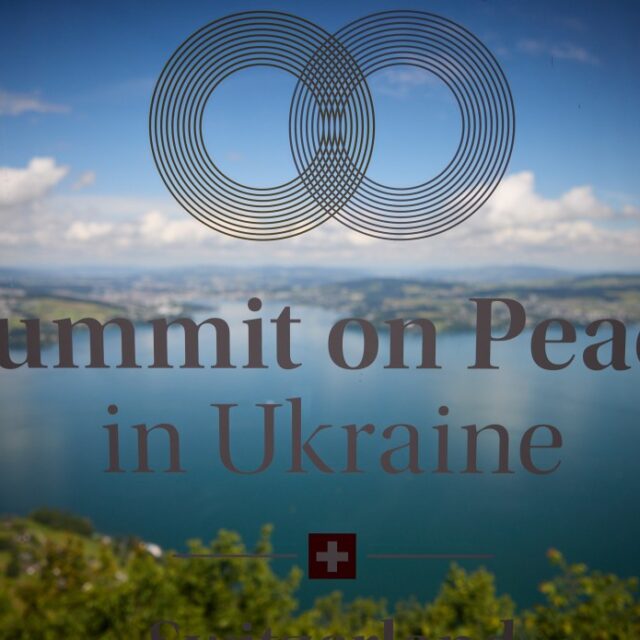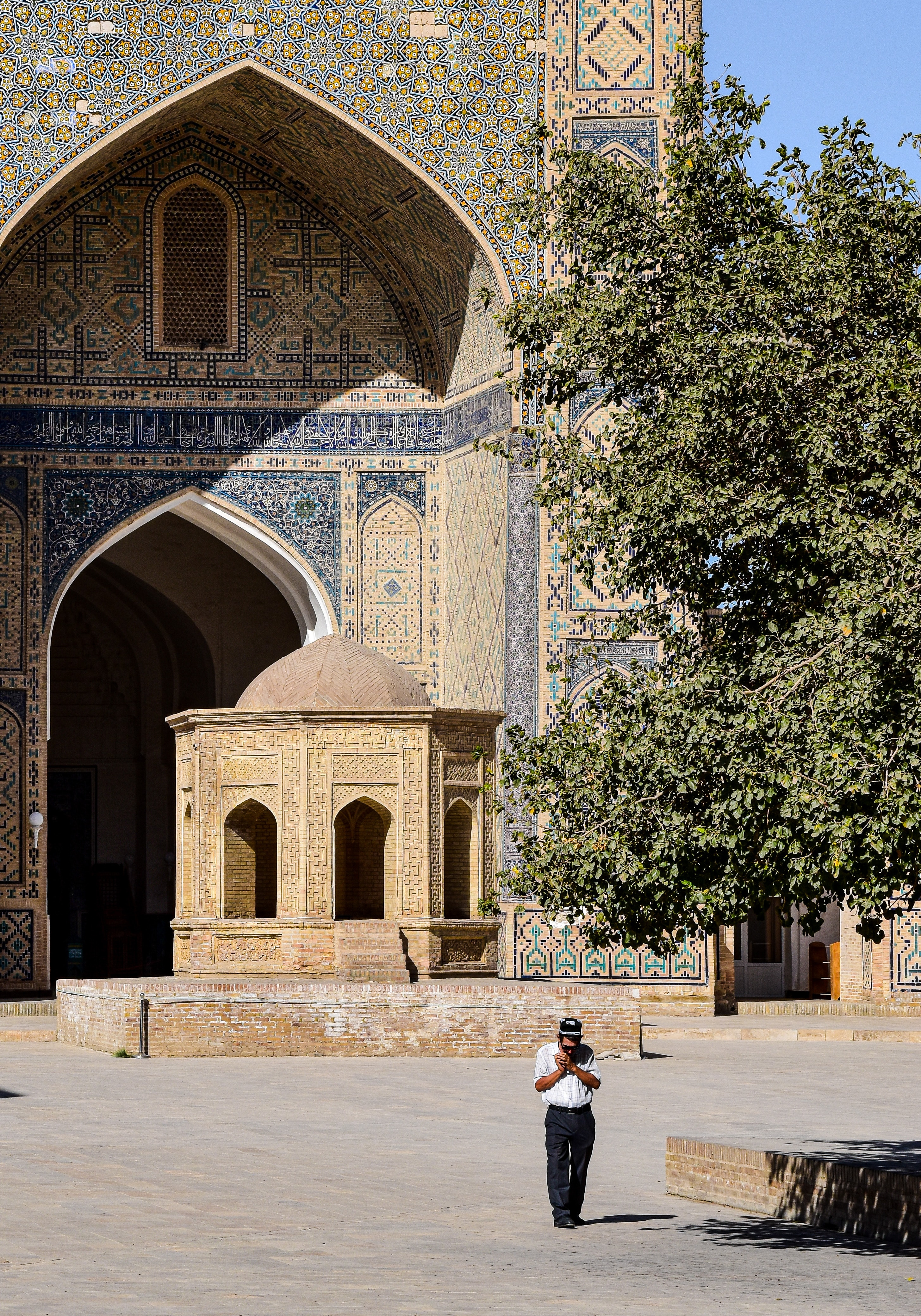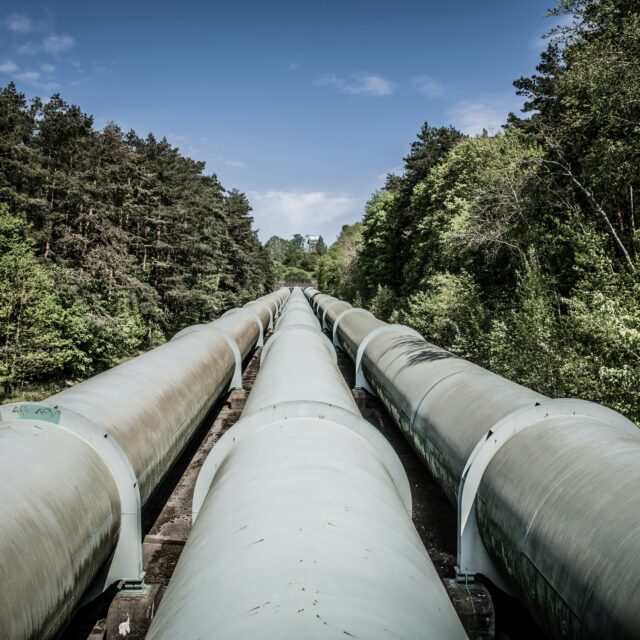A debate in Brussels discussed the annual report of the Council of Europe Platform for the safety of Journalists.
The report, “Defending Press Freedom in Times of Tension and Conflict”, illustrates the dangers journalists face in their work both within the EU and beyond its borders.
It covers issues including the impact of the war in Ukraine on media freedom, attacks on journalists, SLAPPS and defamation lawsuits, media capture and the use of Pegasus spyware to target journalists across Europe.
The report says, “This report has been finalised in the shadow of the Russian Federation’s invasion of Ukraine on 24 February 2022. This act of aggression and the subsequent blanket state censorship of all truthful reporting about the war has had dramatic consequences on press freedom.
“The Russian authorities imposed draconian censorship rules with no regard for the fundamental safeguards for free speech and the public’s right to be informed that are required in democratic states. On 4 March, the Duma (the lower house of the Federal Assembly) rushed through a new law which makes it a criminal offence for Russian journalists to report the invasion and widespread destruction and loss of civilian lives except using the approved language of Russian state propaganda.
“A new Orwellian “newspeak” has been enforced, which bars any reference to “war”, “invasion”, and “aggression”. It requires media reports to use only the sanitised terms “special military operation” to describe Russia’s massive deployments of heavy weapons and over 150,000 troops in Ukraine. Journalists straying from these directives or accused of intentionally publishing what is deemed to be “fake” information, or calling for sanctions against Russia, are liable to prison sentences of up to 15 years.
“The law applies equally to those taking part in street protests and posting on social media.”
Commenting, Alia Papageorgiou, president of Brussels press club said, “The Press Club Brussels commends this much needed report, and the concentrated efforts for further protection of journalists as they are increasingly being attacked across Europe and further afield.”
A keynote speaker at the event was Oliver Money-Kyrle, Head of Europe Advocacy and Programmes at the International Press Institute, who focused on what he calls “media capture.”
He told the event, “One of the most disturbing trends we see is the growth and spread of media capture as a key strategy by governments to subvert independent media and dominate the media landscape.
“Leading countries were Russia, Turkey, Azerbaijan developed a model of control over the past two decades whereby 90% of media are directly or indirectly controlled by the governing party through the use of oligarchs, and regulators and the courts that have been shaped and filled with party supporters.”
He added, “These countries have the semblance of democratic structures, of checks and balances, but, in practice, all institutions are dependent on and subservient to the vertical power structure.
“A small independent media sector is permitted to exist on the periphery where it struggles for survival and relevance while enabling the governments to maintain a semblance of media pluralism
“Within the European Union, Hungary has perfected media capture by using the powers of the state to corrupt the media sector and ensure it is dominated by pro-Fidesz oligarchs through the use of state controlled bank loans, government contracts in other industries, and the redirection of government funds, subsidies and advertising, to artificially boost revenues while denying access to such funds to critical media. Notionally independent media regulators are filled with loyal Fidesz members while the public service media has become the mouthpiece of the ruling party.”
There are four key indicators of media capture, he argued. They are:
– control of regulators,
– control of public media,
– misuse of public funds to control media and
– control of private ownership
The IPI official said, “This model has been highly effective attracting efforts to copy it in other European Countries, most notably Poland where this year saw the use of the state energy giant PKN Orlen take over the dominant local media company, Polska Press (from German Verlagsgruppe Passau), despite a court freeze on the purchase following protest from the human rights ombudsman on media pluralism grounds.”
He went on, “We also witnessed a huge political struggle over the future of the US Discovery owned TVN as the PiS sought to push through a law that would make it illegal for non EU countries to own 50% or more of Polish broadcasters. Only a last minute veto by the President prevented the law going through. But the direction of travel is clear.
“Similar processes have been at work in the Czech Republic under Andrej Babis and ANO and in Bulgaria under Borisov and GERB each with their own national variations.And perhaps must shamelessly and ruthlessly has been Janes Jansa’s (SDS) attempt to fast track the Orban model in Slovenia over the past two years. Despite overhauling the RTV SLO and bringing the Slovenian News Agency to its knees, the campaign provoked a huge public backlash against Jansa leading to a firm rejection of the Orbanisation of Slovenia.”
He added, “Jansa did not just copy the Orban model, his media and, indirectly, his electoral campaign, was directly financed by Hungarian capital in a coordinated effort to secure ideological allies in the region.This result along with the elections of reforming governments in Bulgaria and Czech Republic in 2021 provides an opportunity to create a new legal and policy framework to protect and sustain independent media
“The Hungarian election result however, demonstrates how, once media capture has become fully entrenched, where the leading opposition candidate is afforded 10 minutes on the public broadcaster not just in the election campaign but throughout the entire electoral cycle, that it is impossible to consider such elections as free and fair.”
“The longer the Fidesz model is tolerated the more other political parties, seeing its effectiveness, will be seduced into similar efforts. Addressing the Rule of Law in Hungary is fundamental for the future of media freedoms in Europe.”
Money-Kyrle told the debate, “The European Commission has a chance to address key elements of media capture through the European Media Freedom Act promised for later this year. It has ambitions to promote media pluralism, improve transparency of ownership, guarantee the independence of media regulators and public broadcasters, end the misuse of public advertising.
“Whether or not it is able to develop the necessary tools to meet these ambitions remains to be seen.It cannot be left to the EU. National governments, civil society, media and journalists organisations must lead these efforts. Slovenia has proved how public resistance can defeat illiberal ideologies.”




